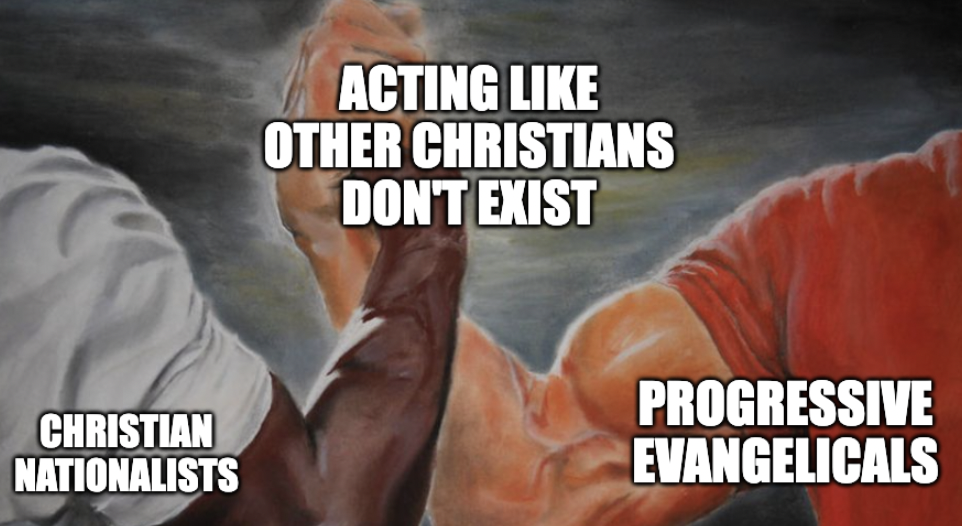For much of the past seven years, discourse about Christianity and public life has been fundamentally shaped by false dichotomies, one in particular: Ultimately there are only two theo-political options for Christians.
Login to read more
Sign in or create a free account to access Subscriber-only content.
